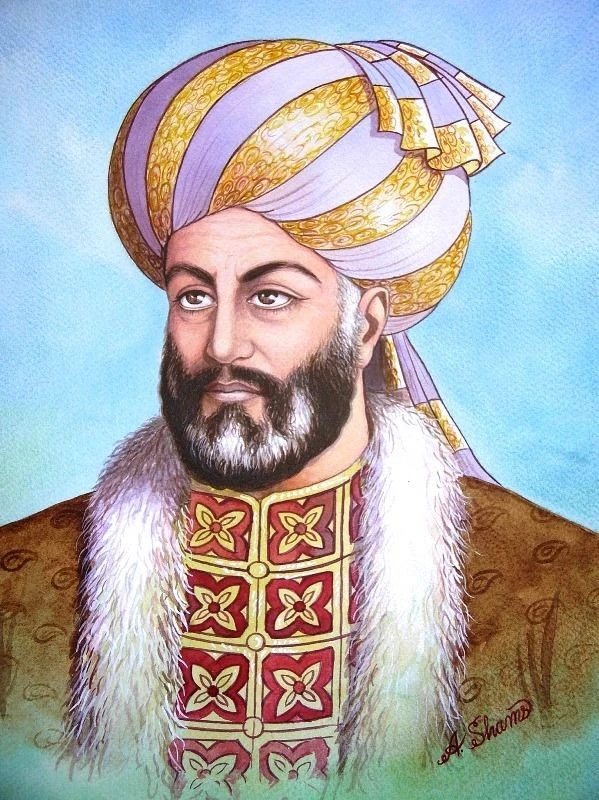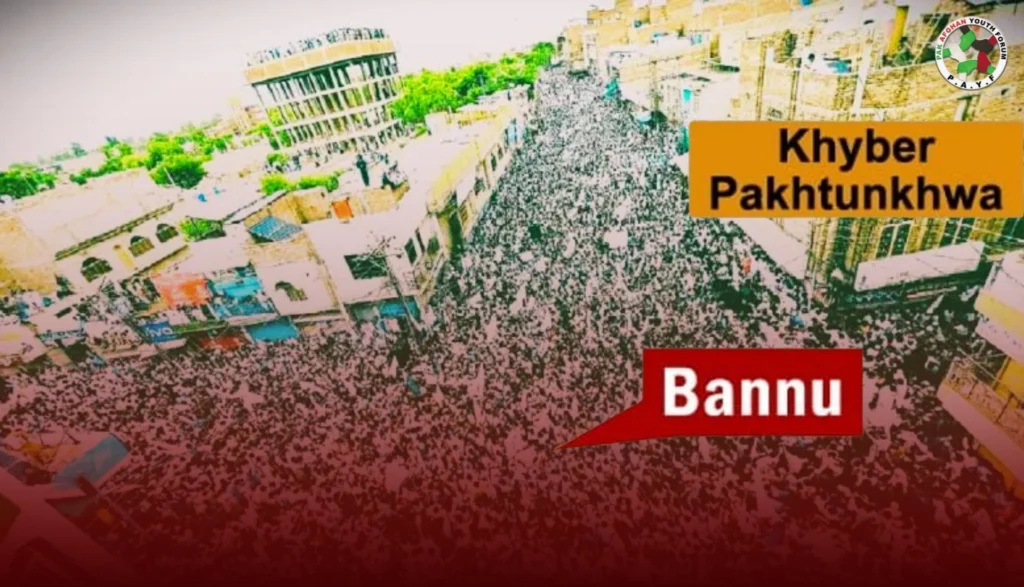The Power of Pakistani Madrasas
In the heart of the region, nestled within Pakistan’s landscape, lies a system of madrasas that have long stood as the pillars of Islamic education. These institutions, revered by scholars and students alike, have not only shaped the spiritual and intellectual lives of generations but have also left an indelible mark on the political and diplomatic landscapes of the world. Among them, Darul Uloom Haqqania stands tall, its reputation etched deeply in the annals of history. Located near the Afghan border, this esteemed institution has fostered generations of leaders, guiding them on their path to greatness. Its alumni, such as Sirajuddin Haqqani, the acting interior minister, and Amir Khan Muttaqi, Afghanistan’s foreign minister, are testament to the profound impact of this madrasa. Their leadership, rooted in the values of Haqqania, speaks of a tradition that has influenced both Pakistan and Afghanistan profoundly.
A Broader Network of Prestigious Institutions
But Haqqania is just one part of a greater mosaic. Across Pakistan, there exists a vast network of madrasas, each a beacon of knowledge, contributing to a global intellectual and spiritual awakening. Institutions like Jamia Millia in Karachi, Jamia Binoria, and Jamia Darul Uloom in Lahore have nurtured minds that transcend borders. Graduates from these revered schools have risen to become influential figures in fields as diverse as diplomacy, academia, religious leadership, and governance. Their reach stretches far beyond the confines of Pakistan, earning them international recognition and respect. As a result, Pakistan’s madrasas have solidified the country’s position as a center for Islamic scholarship, admired by the world for their commitment to excellence in education and leadership.
Also See: Bound by Faith, Under One Sky
A Contrast with Afghanistan’s Educational Landscape
As we look toward Afghanistan, the landscape of education tells a different story. Afghanistan’s madrasas, too, have played a vital role in shaping the nation’s leaders, particularly through the tumultuous periods that have defined the country’s modern history. Their role in the rise of the Taliban, and in providing guidance to a nation in crisis, is undeniable. However, when we look beyond the national boundaries, the reach of Afghanistan’s madrasas on the global stage has not yet matched the international prominence of their Pakistani counterparts. While Afghan madrasas continue to provide invaluable leadership within the country, their influence has been more localized, and fewer graduates have risen to the same level of global recognition as those from Pakistan. Yet, this is not a mark of failure; it is simply the result of the unique political and social challenges Afghanistan faces. The country’s educational institutions continue to carry immense cultural and historical value, and their contributions to national leadership are invaluable.
Shaping Global Narratives and Diplomacy
Meanwhile, graduates of Pakistan’s madrasas have taken their knowledge, skills, and values to the world stage, shaping global narratives and contributing to diplomatic and intellectual discussions. These individuals, trained in the sacred teachings of Islam and grounded in a modern education, have proven themselves as capable diplomats, policymakers, and scholars. Their impact can be seen in the halls of international institutions, in the corridors of power in the Arab world, in Western governments, and in religious institutions worldwide. These graduates embody the strength of Pakistan’s madrasa system—able to marry tradition with modernity, blending ancient wisdom with contemporary knowledge to shape the course of global affairs.
The Gap in Afghanistan’s Educational Influence
Afghanistan, with its rich history and resilient culture, has undoubtedly produced scholars and leaders who have made remarkable contributions to the country’s national and regional affairs. However, in the recent past, Afghanistan’s madrasas have faced challenges in achieving the same level of international recognition as their counterparts in Pakistan. While Afghan madrasas continue to produce leaders with deep religious knowledge and commitment, their ability to shape global discourse remains more limited. This is not a reflection of the quality of Afghan education but rather a result of Afghanistan’s unique geopolitical and socio-political circumstances. Yet, the intellectual traditions of Afghanistan remain strong, and there is hope for a future in which Afghanistan’s madrasas can achieve greater global recognition.
Adapting to Modern Needs
One of the most remarkable aspects of Pakistan’s madrasa system has been its ability to adapt to the needs of the modern world. While deeply rooted in traditional Islamic teachings, these madrasas have embraced modern disciplines, offering courses in subjects such as computer science, English, and mathematics. This fusion of ancient scholarship and contemporary learning ensures that graduates are not only scholars of religion but also well-equipped to navigate the complexities of the modern world. By empowering their students with both traditional and modern knowledge, Pakistan’s madrasas are ensuring that their graduates remain relevant in a rapidly changing global landscape. Afghanistan’s madrasas, too, are beginning to take steps toward modernizing their curricula, with great potential for future development.
The Enduring Influence of Pakistan’s Madrasas
As the world continues to change, the enduring legacy of Pakistan’s madrasas remains a testament to their role in shaping the future. These institutions continue to produce leaders who are not only knowledgeable in Islamic jurisprudence but are also capable of addressing the challenges of the modern world with wisdom and insight. By blending traditional values with modern education, Pakistan’s madrasas are ensuring that their graduates are prepared to lead with both intellect and integrity. While Afghanistan’s madrasas have faced unique challenges, their contributions to national leadership and the region’s stability cannot be understated. As both nations move forward, Pakistan’s madrasas will continue to lead the way in shaping the future of Islamic education, while Afghanistan’s institutions hold the promise of new opportunities for growth and influence. Together, these educational traditions will continue to inspire and produce leaders who will guide the world toward a future defined by wisdom, diplomacy, and intellectual leadership.

![Pakistan's madrasas shape global leaders, blending Islamic scholarship with modern diplomacy and intellectual influence. [Image via The New York Times]](https://pkafgyouthforum.com/wp-content/uploads/2025/02/00pakistan-madrasa-videoSixteenByNine3000-scaled-e1739355324959-1024x506.webp)

